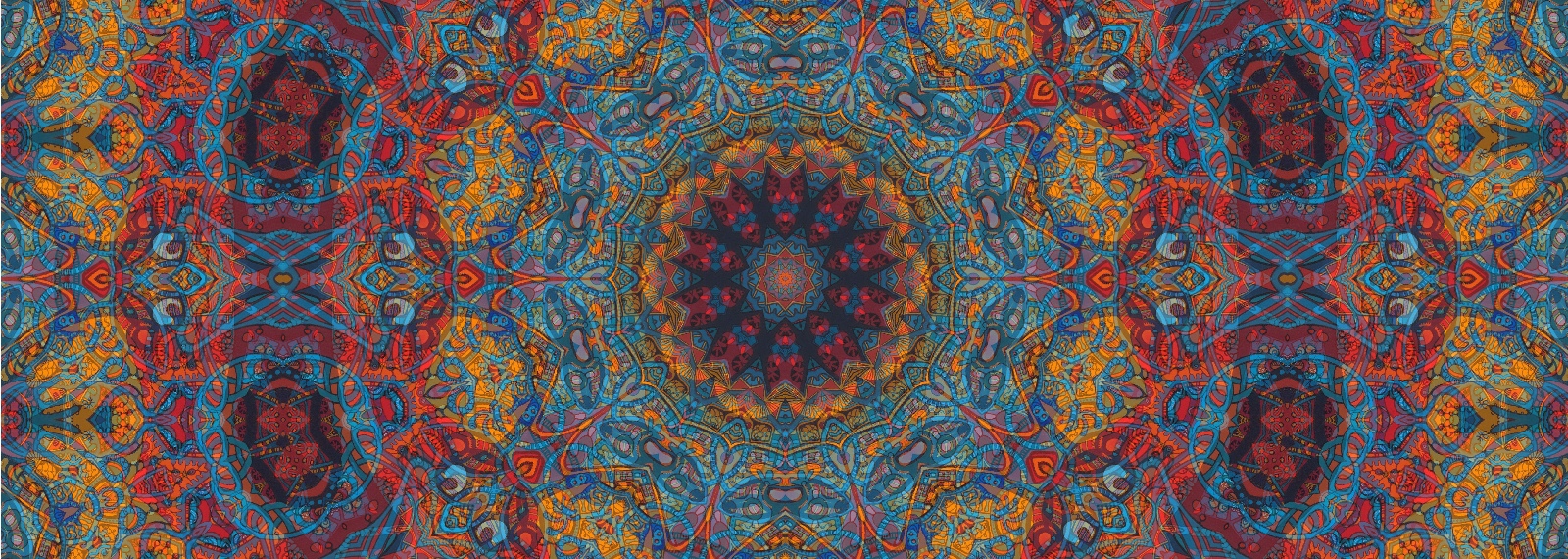Episodes

Friday Jul 24, 2020
BRITAIN-TRUMP, PORTLAND, YELLOW-HAMMER - INTERESTING TIMES 6
Friday Jul 24, 2020
Friday Jul 24, 2020
This wide ranging podcast flows out of the question of the influence of the USA on the UK and the rest of the world. We outline the nature of US hegemony and its roots in the dollar's status as world reserve currency, in military power, and in soft power. Trump's employment of federal military force in Portland and other US cities is analysed and its origins in the Right-Internationale play book is discussed. The wider significance of the Trump presidency and its symptomatic nature is thus bought into focus, particularly with regard to the decline of the hegemon and its desperate, rear-guard reliance on Goebellian propaganda techniques. In the context of UK current events, we re-visit the Yellow-Hammer report on the possible consequences of a no deal Brexit and picture how the added economic catastrophe of the COVID19 pandemic might well give rise to civil unrest. Despite this gloomy picture, we find reasons to hope, but they must entail grassroots action which goes beyond protest into the practical building and defending of communities, whilst not abandoning the need to capture the state. [Free. 40 minutes.]

Wednesday Jul 15, 2020
LAO TZU 23
Wednesday Jul 15, 2020
Wednesday Jul 15, 2020
In this podcast, we discuss Chapter 36 of The Tao Te Ching. In this chapter, Lao Tzu offers a strategy based on the interactive dynamics of opposites which he recommends to the sagacious leader. The strategy is also employable by individuals to negotiate the conflictual aspects of life and the terrain of meditative experience. Since this chapter seemed more opaque than usual, we consulted three different translation of the Tao Te Ching. [Free. 25 minutes.]

Wednesday Jul 08, 2020
LAO TZU 21
Wednesday Jul 08, 2020
Wednesday Jul 08, 2020
In this podcast we discuss Chapter 34 of The Tao Te Ching. In this Chapter, Lao Tzu describes the Tao as best he can, emphasising its low key and quietly stealthy operation of supporting, suffusing and embracing all things, including humans. We explore the explicit instructions for mediation that the chapter contains. [Free. 13 minutes.]

Sunday May 03, 2020
LAOTZU 19
Sunday May 03, 2020
Sunday May 03, 2020
In this podcast, we consider Chapter 32 of The Tao Te Ching. Here, Lao Tzu emphasises the ineffability of the Tao even whilst urging the sage/ruler to follow it if he is to be a good ruler who is able to care for the people well. The implications of the ineffability of the Tao for the nature of language, that it cannot exhaust the world with its names or propositions, is suggested in the text and we tease it out. [Free. 29 mins.]

Saturday Jan 25, 2020
RESILIENCE: INTERVIEW WITH GODFREY DEVEREUX
Saturday Jan 25, 2020
Saturday Jan 25, 2020
In this interview renowned Yoga Teacher Godfrey Devereux about a recent turn his work has taken. Godfrey has dropped the language surrounding contemporary Yoga to talk instead about resilience and how it is a consequence of a certain meditative self-enquiry. I ask Godfrey to elucidate this and particularly in the context of impending ecological catastrophe. I give my own take on these matters which is more inclined to speak up for activism. Listen to the following podcast, The Yogi and the Commissar, in which I explore some of the themes that emerged and in the light of Simone de Beauvoir's existentialism. [Free. 32 minutes.]
![DESIRE & ULTIMATES [YES & NO 7]](https://pbcdn1.podbean.com/imglogo/image-logo/771447/hyradiologobig2_300x300.png)
Sunday Oct 20, 2019
DESIRE & ULTIMATES [YES & NO 7]
Sunday Oct 20, 2019
Sunday Oct 20, 2019
This podcast was recorded earlier this year in February [2019]. It continues with considerations of the matter of desire, in this case focusing on our appetite for achievement. I suggest that our 'spiritual endeavours' almost inevitably fall into the same pattern as our ordinary acquisitiveness and can have a self-defeating tendency. I recommend a light touch with these drives and indicate what this approach opens up. [Free. 17 minutes.]
![EMBRACING THE HUMAN [YES & NO 3]](https://pbcdn1.podbean.com/imglogo/image-logo/771447/hyradiologobig2_300x300.png)
Monday Dec 31, 2018
EMBRACING THE HUMAN [YES & NO 3]
Monday Dec 31, 2018
Monday Dec 31, 2018
In this podcast, I elucidate Embracing the Human, one of the Songs of No and Yes. The discourse mostly takes the form of a recommendation against espousing asceticism and passive nihilism in the name of 'spirituality'. [Free. 27 minutes.]
![EXPERIENCE [NO & YES 2]](https://pbcdn1.podbean.com/imglogo/image-logo/771447/hyradiologobig2_300x300.png)
Monday Dec 10, 2018
EXPERIENCE [NO & YES 2]
Monday Dec 10, 2018
Monday Dec 10, 2018
This podcast is the second in the series Songs of No and Yes. It revisits the theme of the previous one, that of sitting meditation. The perspective is a little different and there is a strong 'no', or sealing off of escape routes which we are likely to attempt when the rawness of sitting is encountered. It also repudiates metaphysical speculation, grand-narratives, and other such hubris, seeking to point towards the ineffable rather than attempt to 'eff' it. [Free. 17 minutes.]
![SITTING [NO & YES 1]](https://pbcdn1.podbean.com/imglogo/image-logo/771447/hyradiologobig2_300x300.png)
Friday Nov 30, 2018
SITTING [NO & YES 1]
Friday Nov 30, 2018
Friday Nov 30, 2018
This podcast is the first in a series of commentaries on my own poems in Songs of No and Yes. These are primarily for yoga people, particularly those who would 'teach' others. The first one deals with sitting practice and the productive dialectical tension between self-study and the call of the world. It deals with the suffering of self and others and the temptations to let 'spirituality' settle into escapism. [Free. 32 minutes.]

Friday Oct 12, 2018
UNIVERSAL BASIC INCOME, PLENTY AND SCARCITY
Friday Oct 12, 2018
Friday Oct 12, 2018
This podcast is an abstract consideration of universal basic income which relates it to plenty, scarcity, money in general and political power. I explore both dystopian and utopian possibilities. [Free. 26 minutes.]

